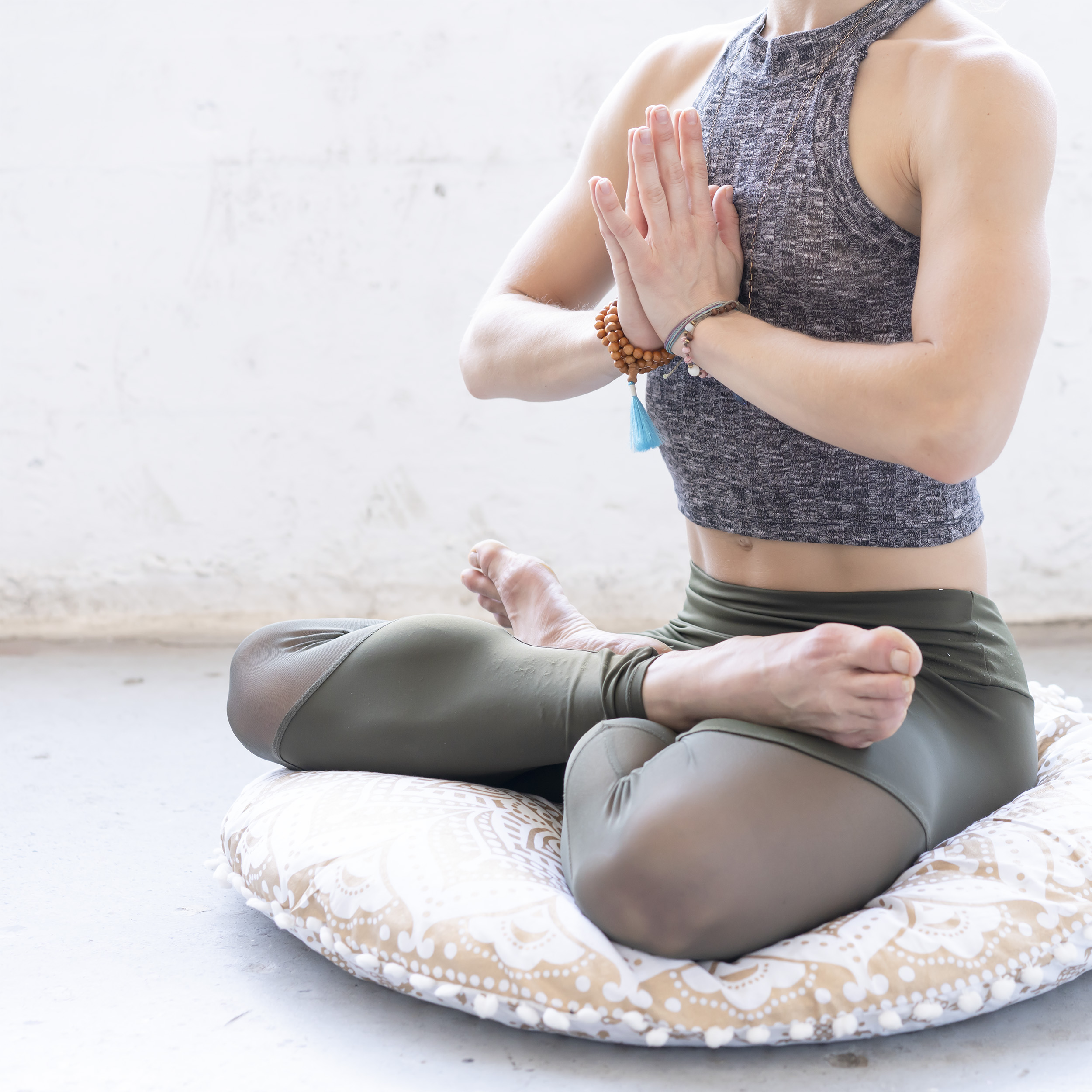I just recently completed a Mindfulness Certification.
As I went through the process of studying, being quizzed, studying, being quizzed, and on and on until I took the final test, I both learned new things (did you know that mindfulness and meditation helps to prevent and fight against ADD and Alzheimer’s?) and had previous knowledge reinforced.
Mindfulness is simply a moment-by-moment awareness of our thoughts, feelings, experiences, and environment. It is common for mindfulness and meditation to be used interchangeably, but that is inaccurate. Being mindful isn’t something that you do. It’s something that you are. It’s just being aware of each moment, without judging. I realize this makes it sound much easier than it actually is. It absolutely takes some practice, but it is absolutely worth any ounce of effort.
The beautiful thing about learning to be mindful is that just by increasing your awareness, you start to understand how much control you actually have over your life – and that’s without actively changing anything you have been doing.
When you are mindful, you are treating yourself and those around you with less judgement and more kindness. When you are mindful, you observe your thoughts and surroundings with curiosity and an open mind rather than judging if it is “good” or “bad”. This creates smoother learning pathways in the brain, reducing friction and resistance to new thoughts and ideas.
For example: you pull into a parking spot at the grocery store, and see that someone has left a shopping cart in the middle of that parking spot. Your initial reaction may include annoyance, irritation, frustration, or even anger that someone would be so “careless”, “inconsiderate”, “lazy”, or “rude” to just leave their cart in the middle of the parking lot. However – you don’t have to allow these thoughts to continue to fester. What if you chose to be open to other possibilities?
Perhaps the person who left that shopping cart there was a new mom, who was overwhelmed and exhausted at the end of her first solo shopping trip with her new baby. After getting her groceries and baby loaded into her car, she’s maxed out, but proud that she survived, and with “new mom brain”, putting that cart back very likely just slipped her mind.
Or maybe the person who neglected to put their shopping cart away was a disabled person. Maybe they usually ask an employee to help them put their groceries in their car, but the store was short-staffed, and they didn’t want to bother all the busy employees. So they struggled to load up their car, looked around for someone to ask for help with their shopping cart, and was met with an empty parking lot.
Did either of these people leave that shopping cart out of disrespect or malice? Certainly not. Are there people who leave their shopping cart out of laziness or thoughtlessness? Absolutely. But does it serve you in any way to believe that to be the case with every abandoned shopping cart? I don’t believe so.
You can translate this change in thinking to virtually any situation or circumstance – internal or external.
If you typically beat yourself up for forgetting to accomplish that thing on your to-do list, stop and consider: is it benefitting you in any way to do that? Or would it better serve you to show yourself some grace, and allow some room for growth?
This is the first step of mindfulness: to just start questioning every thought you can, and deciding if it is useful for you or not. Changing those thoughts is the next step. That can take more time and effort, and something I’ll talk about another day. For now, practice being mindful by being an active participant with your thoughts, rather than a passive observer. You just might be amazed at the things you learn about yourself with this simple practice.

share
share
share
share
share